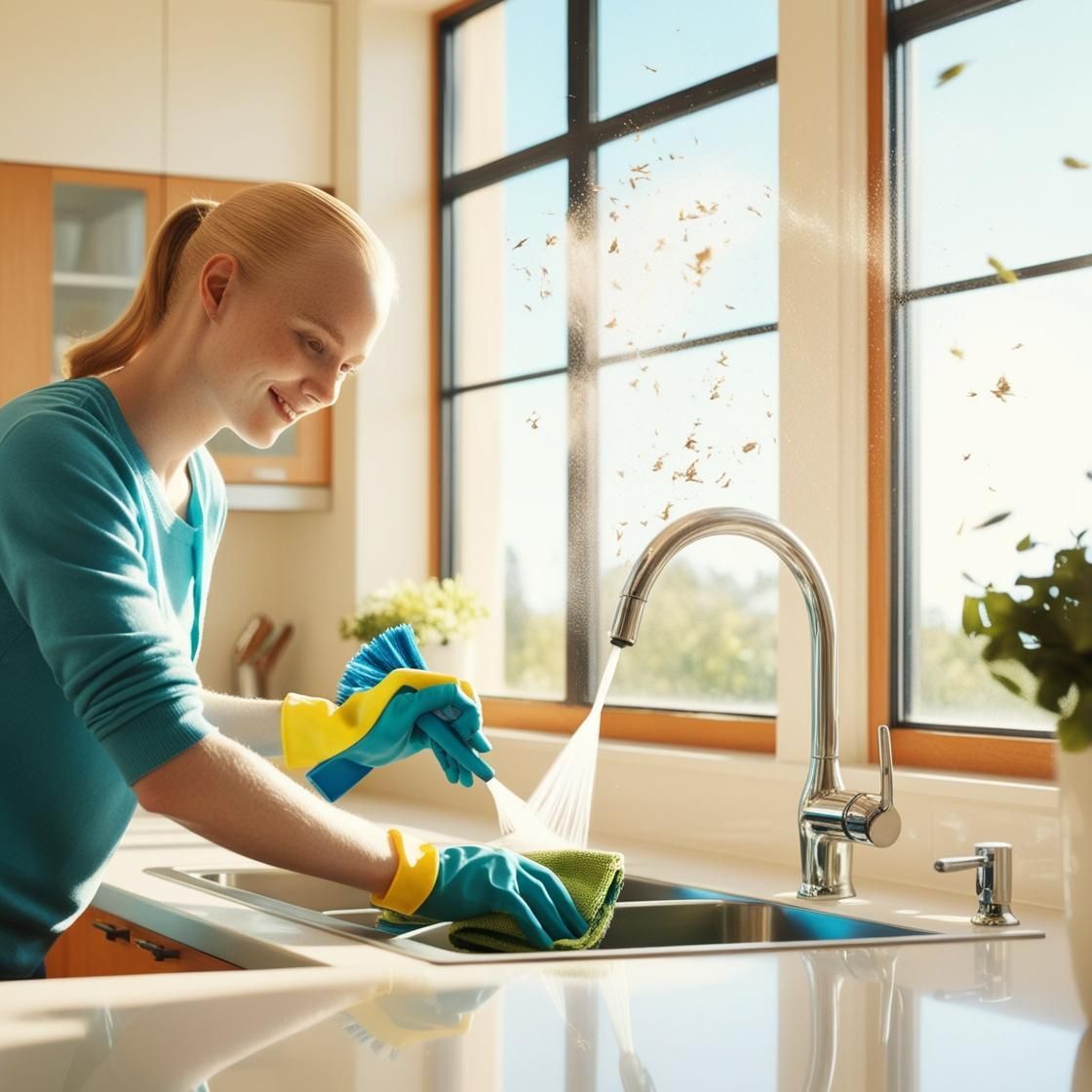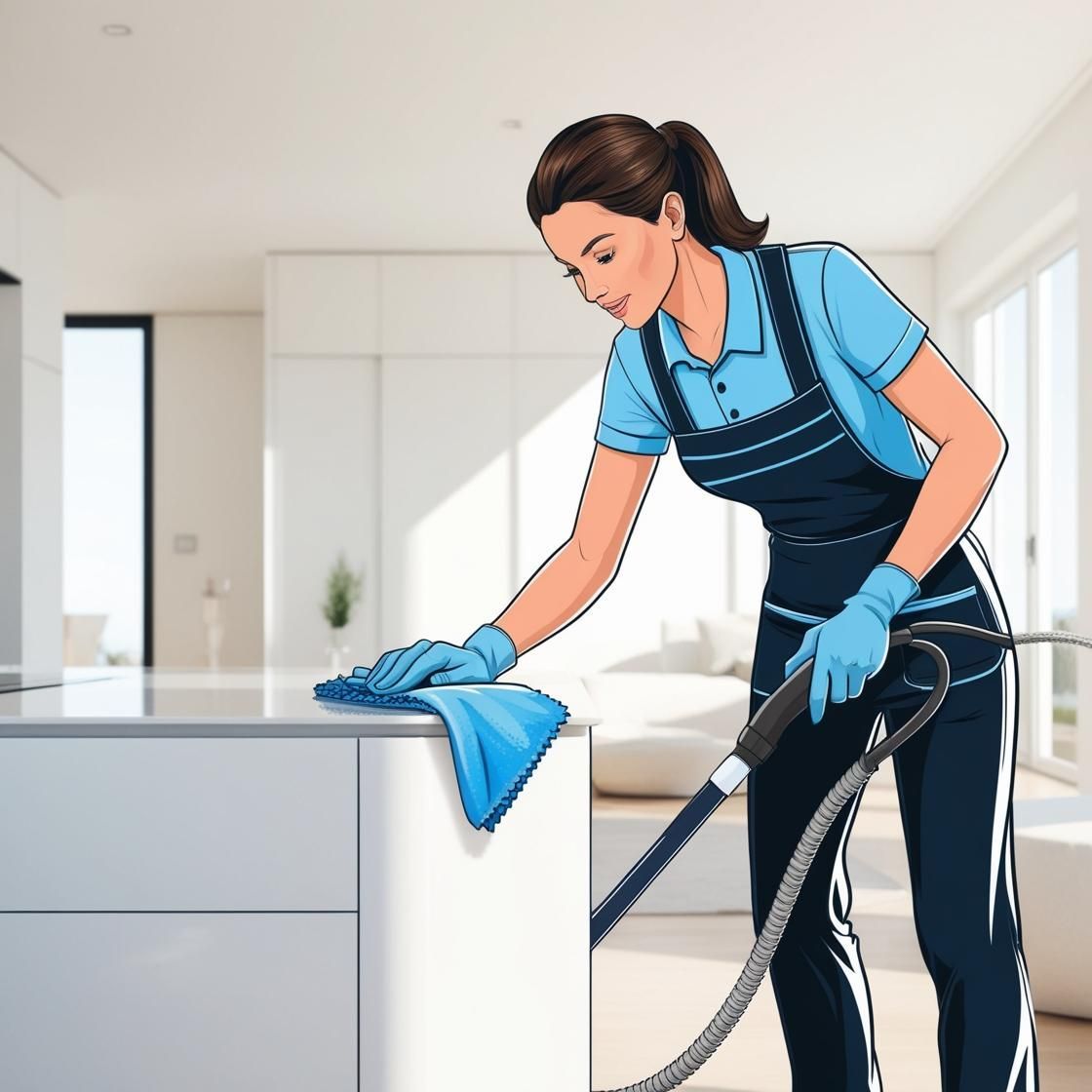Home Cleaning Services
Home Cleaning Services
What is the NDIS role of Home Cleaning Services for participants?
Under the National Disability Insurance Scheme (NDIS), home cleaning services play an essential role in supporting participants to live independently and maintain a clean and safe home environment.
The specific role of home cleaning services within the NDIS framework includes:
1. Household Task Support
- Home cleaning falls under the category of "Assistance with Daily Living" or "Household Tasks" in NDIS funding.
- These services are provided to assist participants with tasks they cannot manage themselves due to their disability.
2. Key Responsibilities
Home cleaning services for NDIS participants may include:
- General cleaning (e.g., dusting, vacuuming, mopping floors).
- Cleaning bathrooms and kitchens.
- Washing and ironing clothes.Tidying and organizing spaces.
- Disinfecting surfaces to ensure hygiene.
- Cleaning windows or other periodic maintenance tasks (as agreed upon in the participant's plan).
3. Focus on Participant Independence
- The goal is to reduce the burden of household chores so participants can focus on building independence in other areas of their lives.
- Some services may even involve teaching participants cleaning skills to foster independence.
4. Customized Support
- Services are tailored to the participant's specific needs as outlined in their NDIS plan. For example:
- The frequency and extent of cleaning depend on the level of support required.
- Cleaning providers may focus on high-priority areas like kitchens or bathrooms if that’s what the participant needs most.
5. Eligibility and Funding
- To access cleaning services under the NDIS, these tasks must be deemed "reasonable and necessary" for the participant's disability-related needs.
- Funding is generally allocated under the Core Supports budget (Category: Assistance with Daily Living).
6. Provider Requirements
- NDIS-approved providers delivering cleaning services must meet certain standards to ensure quality and reliability.
- They must work in a way that respects the participant's preferences, privacy, and dignity.
7. Health and Safety
- Cleaning services are especially important for participants with mobility issues, weakened immune systems, or other health conditions, as they ensure a clean environment that minimizes risks of infection or injury.
- Participants can choose to engage NDIS-registered providers or use their self-managed funds for non-registered providers, depending on their preference and plan flexibility.



Participants can choose to engage NDIS-registered providers or use their self-managed funds for non-registered providers, depending on their preference and plan flexibility.


